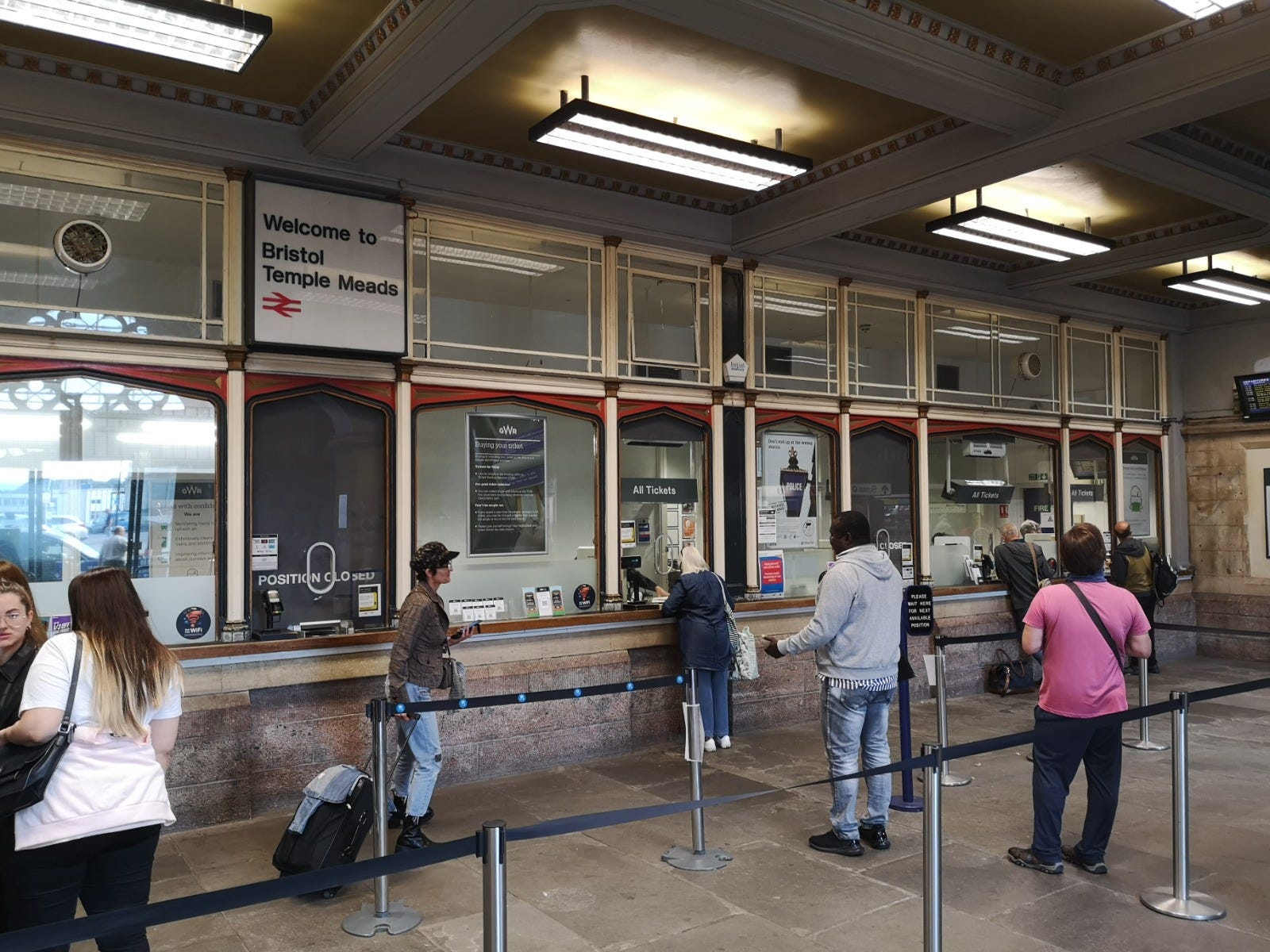NEWS.CATEGORY: Industrial
News - TSSA delighted at 100,000 responses to ticket office closures

Rail union TSSA has said it is delighted with the announcement that over 100,000 people have responded to proposals to close almost every rail ticket office in England.
The public consultation was launched at the beginning of the month and has been asking for members of the public to submit their views on plans hatched by the government.
Responses have now surpassed 100,000 in the final week of the consultation before it closes on 26th July.
TSSA has been a vocal opponent of the closures since they were announced, citing fears they will have a hugely detrimental impact on the rail network, leading to 2000 job losses, reducing station safety, access to travel deals and independence for disabled people and other groups.
The union has been campaigning at stations and working with MPs, local decision makers and many concerned rail users.
The union’s Interim General Secretary, Peter Pendle, welcomed the news that the 100,000 figure had been passed but called on the public to do more.
Commenting, Pendle said: “I'm delighted that more than 100,000 people have taken the time to share what ticket office closures would mean for them and goes to show the strength of our case.
“Vague promises about staff being moved to roving roles on the platform carry no detail and no weight – especially when train companies are all set for job cuts on a grand scale.
“This will lead to unstaffed stations which causes issues for those with disabilities and young children, but also at night when rail users are most in need of staff for their safety.
“The proposals also don’t even consider how people with visual impairments will be able to find staff to ask for assistance if they’re on the move all the time.
“The people are speaking and the number of responses so far are a clear sign that these proposals are not in the public interest. Make no mistake, this fight is just beginning, and we need as many people as possible to take part in the consultation so we can stop these changes in their tracks.”

